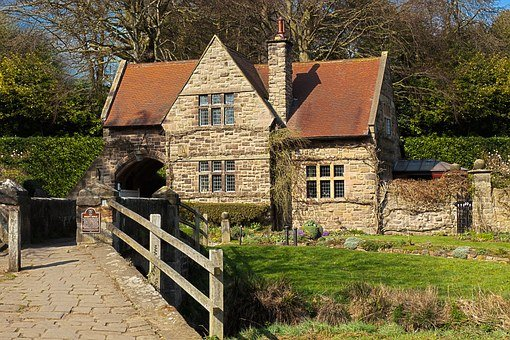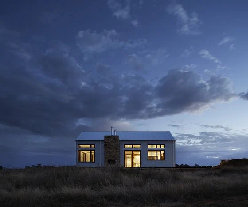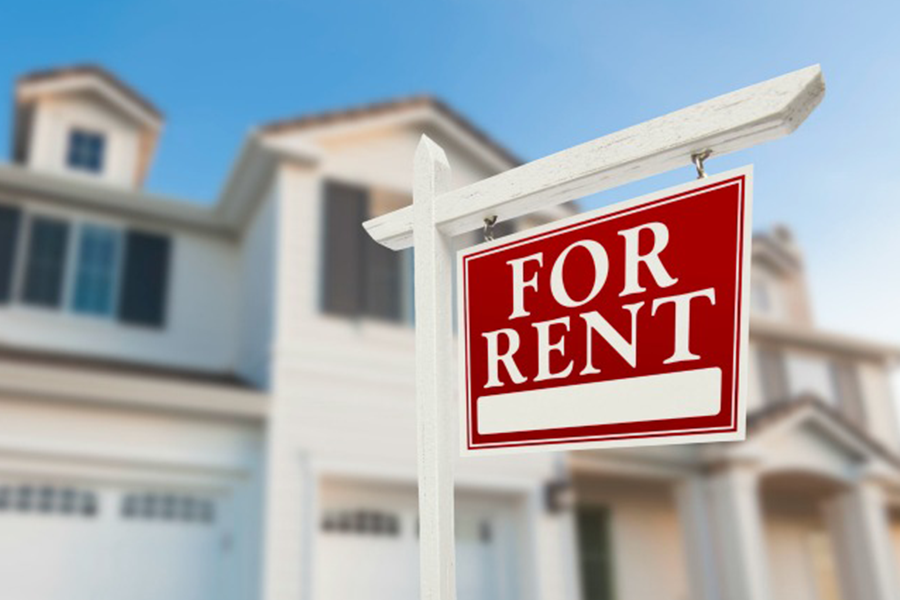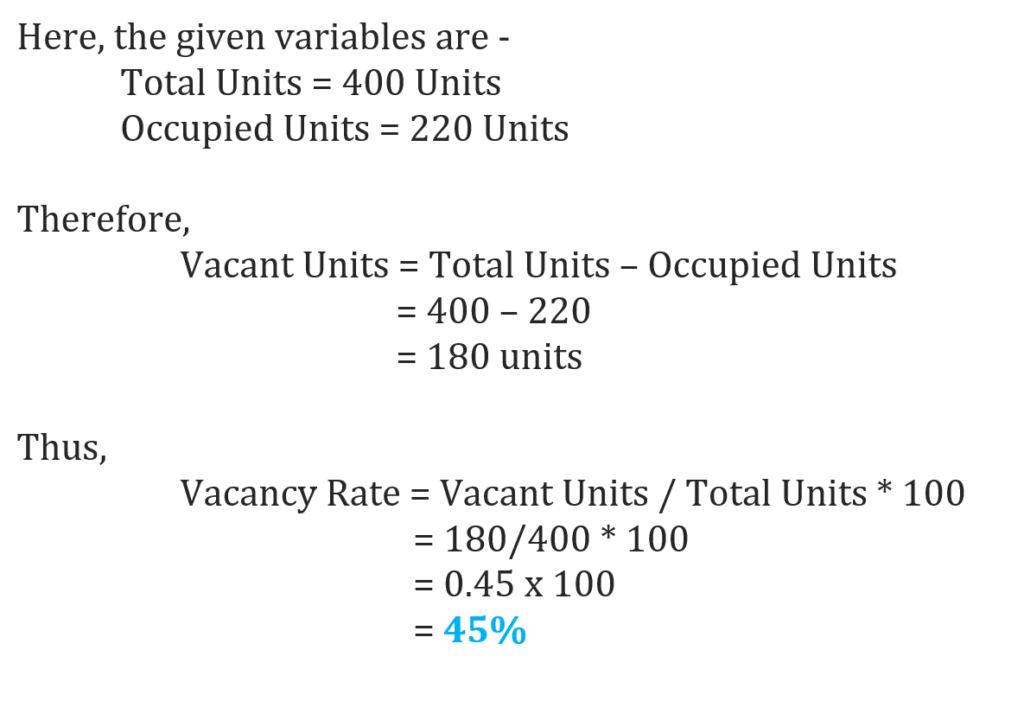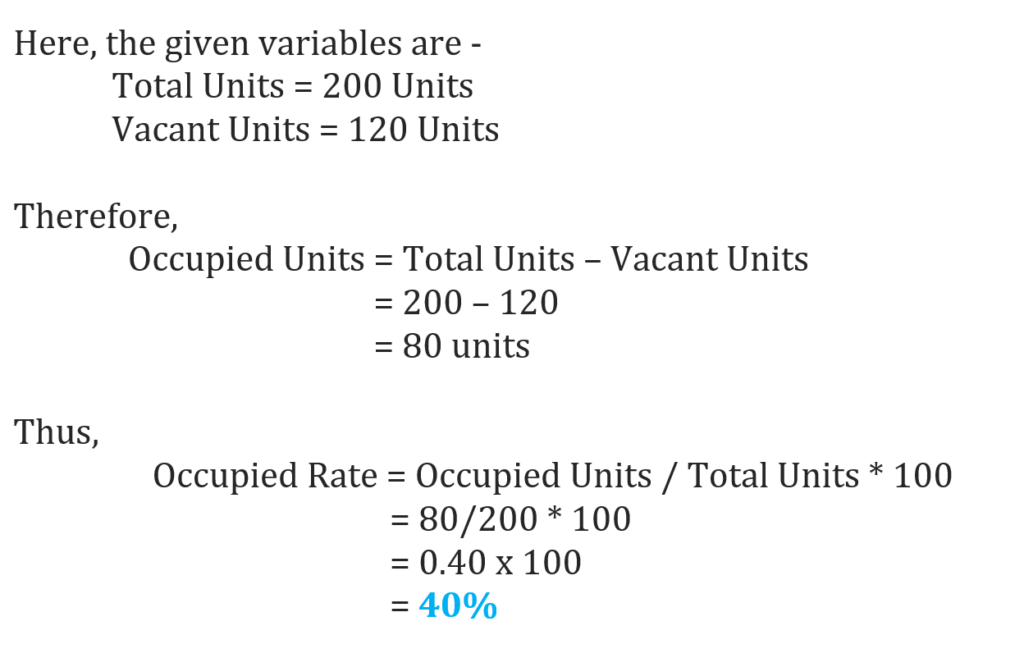RECA administers the Real Estate Assurance Fund (REAF), which is also known as the Consumer Protection Fund (CPF) is collected and issued by RECA. The fund protects consumers from unscrupulous industry professionals. Real Estate Assurance Fund has been set up to compensate consumers who suffer a financial loss. This financial loss could be due to Fraud. It covers frauds under Real Estate Practice as well Mortgage Brokerage Practice.
Have a look at the video below to understand the concept –
Basic Requirements to Claim Real Estate Assurance Fund (REAF)
- Fraud: A client whose real estate agent have been a part of any fraudulent scheme. For instance, somebody bought a house, but they didn’t get that property or there was something wrong with the property overall. This fund is then issued by RECA to individuals such as these to compensate for the fraud. This type of fraud requires a judgement in the court of law with necessary evidence to prove that the fraud has taken place.
- Breach of trust: Any client who was guided by wrong, deferred or a complete lack of necessary information during their contract. This kind of breach also requires a lawsuit in court.
- Failure of disbursement or Account of Money held in Trust: In accordance with section 25 of the Real Estate Act, when there is any kind of failure for disbursement of money held in trust (in advance) to secure the deal. For instance, not getting the deposit back which was held for holding the property. As per law, when an offer is accepted, the client should his advance payment of deposit back. The failure of money payback does not require a lawsuit to claim REAF.
How is Real Estate Assurance Fund (REAF) Collected?
REAF applies to Real Estate as well as Mortgage deals. So, if the fraud happened when buying a property or when getting a mortgage, both are covered under the Real Estate Assurance Fund. REAF is ultimately funded by the Real Estate Agents as well as the Mortgage Brokerage Professionals as when they pay RECA fees, part of it goes to maintaining real estate assurance fund.
Maximum REAF Claim Amounts
Assurance Fund compensation is subject to the following maximums:
- Real Estate: $35,000 per Fund applicant
$350,000 for all claims against an industry member per event - Mortgage broker: $25,000 per Fund applicant
$100,000 for all claims against an industry member per event
Time Limits for Applying REAF Compensation
- Claim based on Fraud or Breach of Trust: 1 year from the date of the Court Judgment to apply for compensation from the Fund.
- Claim based on Failure to disburse, or account for Money held in Trust: 1 year from the date on which the alleged loss or damages occurred to apply for compensation from the Fund.
RECA cannot process your claim if you fail to adhere to this timeline.
Restrictions for REAF Claims
The following persons cannot make a claim under the Fund:
- Any financial institution (bank, loan corporation, trust corporation, credit union, treasury branch, etc.), whose business includes the lending of money by way of mortgage security or otherwise, or any subsidiary as per section 2 of the Business Corporations Act
- Any person who Council’s believes knowingly participated in or was willfully blind to the fraud or breach of trust
- Any corporation or other entity carrying on any business or activity specified or described in the Real Estate Act Exemption Regulations
Sample Exam Questions for Real Estate Assurance Fund (REAF)
Example 1:
What does the Real Estate Assurance Fund (REAF) cover?
- Errors, Omissions, and Commissions
- Errors, Commissions, and Fraud
- Errors, Omissions, and Negligent Acts
- Fraud Failure to disperse Funds and Breach of Trust
The correct answer here is 4 – Fraud Failure to disperse Funds and Breach of Trust.
Rationale: Real Estate Assurance Fund only covers fraud failure to disperse funds or a breach of trust. Any sort of errors, omissions, or negligent acts, all of these will be covered under REIX. It is a separate Errors and Omissions Insurance that real estate agents carry.
Example 2:
Paul Chang is a Real Estate Associate with ABC Realty. He meets Joe and Betty Hill, who are looking to downsize from their 4-Bedroom House to a Condo. The reason being they’re getting older and not able to maintain the property. Paul lists the property below market value and then brings in an offer from his brother to purchase the property. Once the Hill’s children learn of this, they initiate a Civil Lawsuit against Paul Chang claiming fraud on his part. How do the Hills go about getting compensated for their loss under the situation?
- REIX
- Errors and Omissions Insurance
- Homeowners Insurance
- Real Estate Assurance Fund (REAF)
The correct answer here is 4 – Real Estate Assurance Fund (REAF)
Rationale: In this case, we can clearly see that Joe and Betty Hill, who did not understand the value of their property happen at taken for a ride by Paul Chang. He lists the property below market value and brings in an offer from his friend or relative (in this case, his own brother) and wants to make a profit on the property. So here, he is taking an advantage of Joe and Betty Hill’s unawareness and misguides them with low property valuation. Thus, this is a case of breach of trust and fraud, and therefore, the compensation would come from a Real Estate Assurance Fund.
NOTE: REIX could have been applicable only if the Real Estate Agent(here, Paul) would have made an error (an unintentional fault) in deciding the valuation of the property and getting a lesser profitable deal with genuine buyers from the market.Join Alberta Real Estate School for expert help with understanding the concepts of Real Estate and getting uncommon and detailed tutoring sessions summarized as per your needs. Get our personalized Notes designed to get you through the Real Estate Exams in the first attempt! Visit our list of Real Estate Tutoring Sessions for details.
If you have any doubts for Exam Preparation of any of the real estate courses or topics, reach out to us directly at 587.936.7779.
You can also listen to this blog in the podcast below. We Hope you found this information useful. Stick to us for more updates.
Happy Realtoring!!





